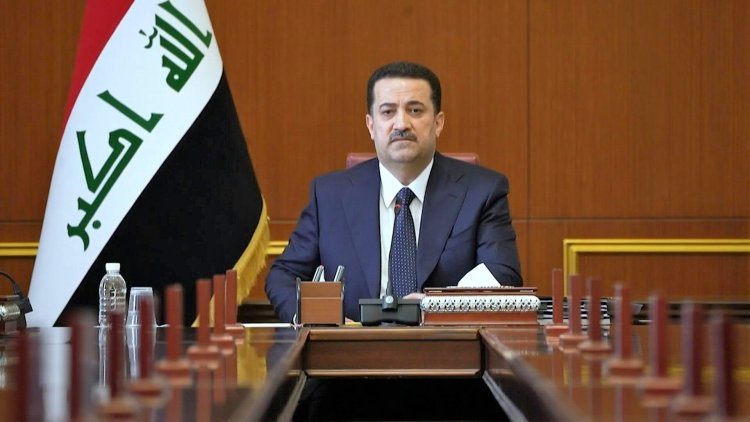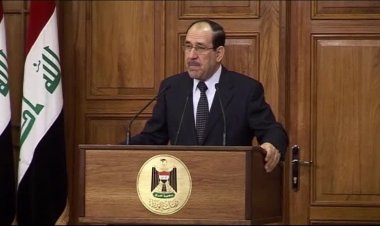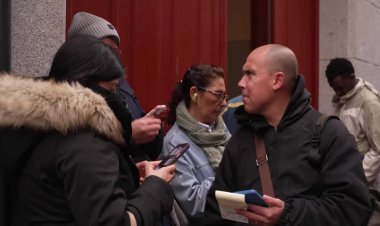Iraq's new government unlikely to solve crisis

Iraq's parliament has approved the government of Prime Minister Mohamed Shia al-Sudani after more than a year of political paralysis, but the war-ravaged country is far from reaching safe shores.
Sudani now faces the gargantuan task of delivering on pledges to fight corruption and offer job opportunities to the country's disaffected youth, all while grappling with an unpredictable political opponent.
In a bid to dispel criticism over his pro-Iran political backers in parliament, he has also vowed not to "adopt the polarised politics" of the past that saw Iraq split amongst fiercely rival camps.
Sudani and his 21-member cabinet gained the confidence of lawmakers, in a vote that came more than a year after the country's last legislative election.
The legislature is dominated by the Coordination Framework, a bloc made up mainly of pro-Iran factions including the former paramilitary Hashed al-Shaabi.
Sadr, who has the ability to mobilise tens of thousands of his supporters with a single message, has already refused to join Sudani's government.
Under a power-sharing system adopted in Iraq in the aftermath of the 2003 US-led invasion, cabinet posts are shared between Iraq's ethnic and confessional communities.
As such, 12 ministers are Shiites hailing from the Coordination Framework, six are Sunnis, two are Kurds and one is a Christian, with two other ministries reserved for Kurds yet to be filled.















